Quantum Sensing & Metrology Jobs


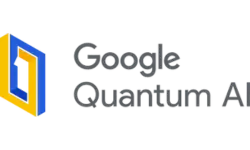




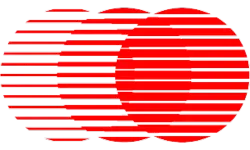



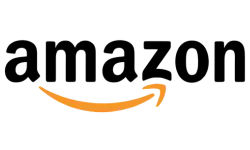

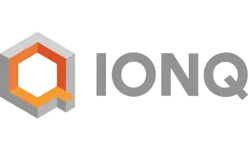































Search Quantum Industry Jobs
Know the Basics
Jobs where you build ultra-sensitive measurement devices using quantum properties to detect things regular sensors can't, like tiny magnetic fields, gravitational waves, or even underground structures.
The precise measurement of physical quantities transcends all of the natural sciences. On the quest for ever higher precision, sensors are now reaching the quantum limit. Munich Center for Quantum Science and Technology
What exactly is quantum sensing?
Quantum sensing jobs involve the design and use of quantum sensors able to measure and monitor almost any physical change with extreme precision, using quantum phenomena like superposition and entanglement. They are able to measure and record extremely minute changes of magnetic fields, temperature, time, or gravity. Changes that are usually inaccessible to traditional sensors.
What industries use quantum sensors?
- Healthcare: (detecting brain activity, early disease diagnosis with MRI improvements)
- Defense and military: (submarine detection, navigation without GPS);
- Oil and gas: (finding underground resources);
- Environmental monitoring: (measuring pollution and climate changes precisely)
- Autonomous vehicles: (better navigation and obstacle detection)
Do I need a physics PhD for quantum sensing jobs?
It depends on the role! For most research roles, a PhD in physics, engineering, or a closely related discipline is necessary. However, for the engineering roles focused on the construction and assessment of the quantum sensors, a master's degree may be sufficient. For the technician roles that focus on the upkeep of the quantum sensors, a bachelor's degree coupled with solid lab skills is often acceptable. Regardless of the educational qualification, the discipline is diverse.
How much do quantum sensing professionals earn?
Entry-level positions typically start around $75,000 to 95,000 a year; Mid-level engineers and scientists earn $100,000 to 150,000. Senior researchers and principal engineers can make $160,000 to $220,000+; especially in defense contractors or major tech companies. Your salary depends on your education level, experience, and whether you work in academia, government, or private industry.
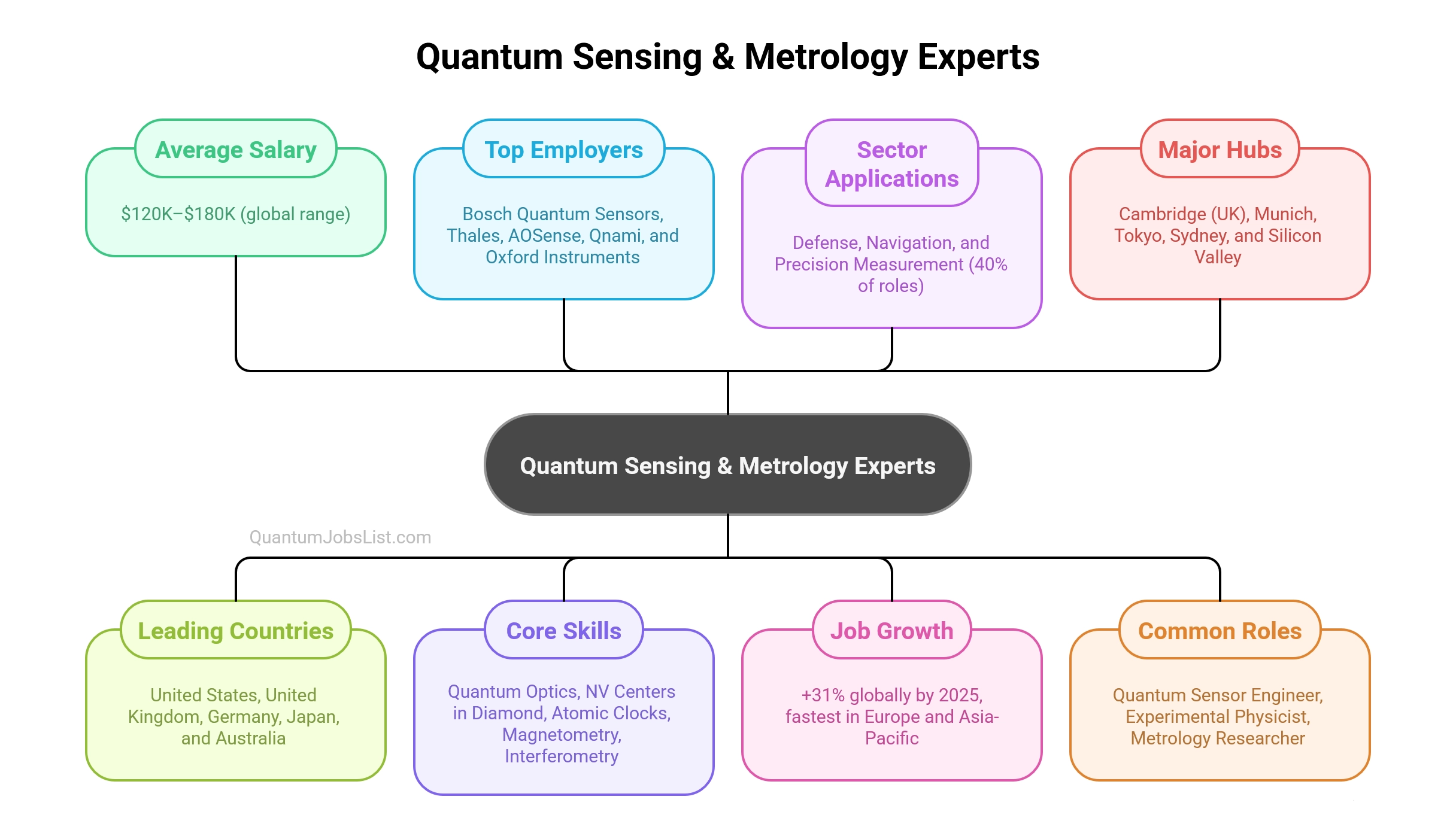
What's the difference between quantum sensing and quantum metrology?
Quantum sensing focuses on detecting and measuring physical phenomena (like finding underground objects or measuring brain signals). On the other hand, quantum metrology can be defined as setting standards of measurements of varying precision and accuracy, for example, clock and rulers that are atomically timed. One can cluster sensing and metrology as more practical tools that are supercharged or enhanced as measuring devices.
Quantum systems, fabricated across various spatial scales from nano to micrometers, are very delicate and naturally sensitive to the variations. Scientific Review on Quantum Metrology
What companies are hiring quantum sensing professionals?
Top players in the defense sector, such as Lockheed Martin, Raytheon, and Northrop Grumman, are in the market for additional staff. Honeywell, Bosch, and Q-CTRL are in the tech sector and are focusing on quantum sensors. AOSense, ColdQuanta, and Quantum Diamond Technologies are smaller companies that work in the area of quantum sensors. National labs, such as NIST and NASA, Los Alamos, and research universities provide numerous opportunities as well. The defense sector values quantum sensing especially for navigation and detection.
.svg)

